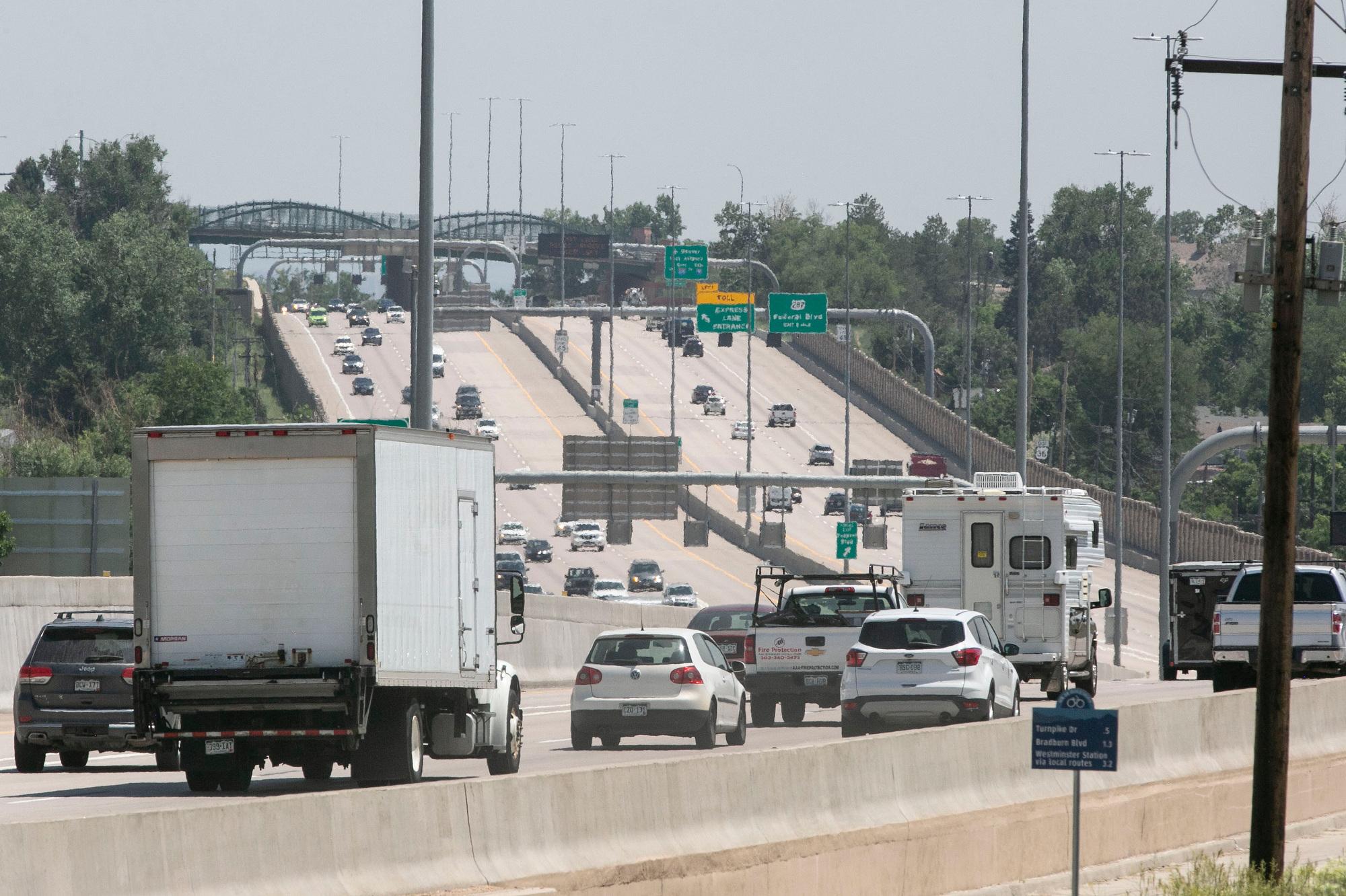
Colorado newcomers still driving around with out-of-state plates can breathe a sigh of relief, for now, thanks to the state’s complex fiscal laws.
In early June, state lawmakers voted to create harsher penalties for people who fail to transfer their vehicle registration to Colorado when they move here. They would have been forced to pay back taxes and fees after 90 days of residency.
However, Gov. Jared Polis vetoed the bill on Wednesday. He said that he supported the idea, but he had concerns about “fatal” flaws.
The reasons are tied to the Taxpayer’s Bill of Rights. Those new fees would have brought in money to the state — which, ironically, would have forced the state to give up money elsewhere.
In all, the bill would have delivered about $34 million per year to the state government. The problem is that there is a limit on how much money Colorado can collect each year. When the government exceeds its revenue cap, it may have to pay refunds to taxpayers to get rid of the excess amount.
Currently, tax collections are growing fast enough that those refunds could already total in the billions over the next few years — and while that’s welcome news for many taxpayers, there are some complex implications for state finances as that sum increases.
In the case of the vehicle registration bill, you might expect that the state could simply “give back” the $34 million that it collects from those new fees. But that’s not how it works. Legally, those registration fees can only be used for certain purposes — and that doesn’t include paying refunds.
Instead, refunds come from the state’s general fund. So, the new bill adds to the amount that the state owes for refunds, but it doesn’t provide any money that can be used to pay those refunds. Each new dollar it obligates for refunds is a dollar that can’t be spent on other priorities from the general fund, such as education.
In effect, the bill would “crowd out General Fund spending and slow our progress to invest in education and other key priorities,” Polis wrote.
The bill’s sponsors had tried to avoid this problem by directing the state to cut title and registration fees until everything evened out — basically, using the new money to give savings to existing Colorado residents money. But in his veto letter, Polis said the Department of Revenue had not been able to identify enough cuts to balance the new money.
The governor still saw hope for the idea, encouraging the sponsors to try again with a different fiscal strategy next year.
“I agree with those concerns and we’ll bring it back next year and figure out a way to enterprise the money so it doesn’t impact other priorities like education,” said state Sen. Faith Winter, a Democratic sponsor of the bipartisan bill.
“Enterprising” refers to another way of structuring money that can lessen the effects of TABOR.
“You can’t run a bill in Colorado without considering TABOR,” Winter said
In the meantime, the state still charges fees of up to $100 for people who don’t register their vehicles in time.









